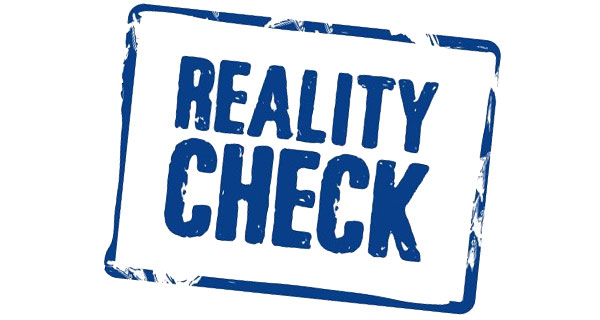Many religious communities of sisters struggle with the question of vocations. We would love to have women join our life, continue our mission, continue our charism. Yet we are getting fewer and older. We have trouble meeting our needs for ministry, for leadership, and for the day to day functioning of our communities. Does such a community have the capacity to welcome new vocations? Can they provide a healthy space to nurture their vocation? Can they build sustainable life-long relationships in community with newcomers who are decades younger than themselves?
I find that communities are reluctant to close down their recruitment efforts and to definitively say no to future vocations for their community. They have difficulty admitting that their community does not have the capacity to admit newcomers, to provide them the orientation, formation, and education necessary for their lives, and to open their hearts to new relationships and new ways of being in community together. Lacking this capacity, they may accept women who walk with them for a time but then are left to walk away sad because they are not afforded the resources to support their life-long commitment.
And the women who come hope that they will find a community that will support and nurture their life of community, spirituality, and mission. They come with high hopes and joyful expectation of becoming a Sister and of giving their lives to something bigger than themselves. It is important that they realize the challenges they will face. Religious life is changing radically as the greatest generation of US Sisters passes into elderhood and on through the paschal mystery. Those who join religious life today must seek and find their circles of support within their communities, and they must also build circles of support in the broader global sisterhood in intercommunity and Intercontinental relationships.
As I write this, I am reminded of the lyrics of Bob Dylan: "The times they are a-changing."
--Amy


